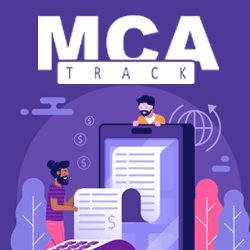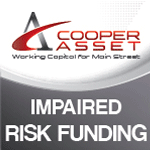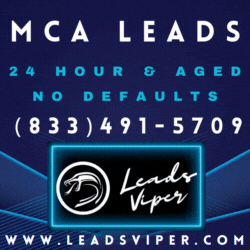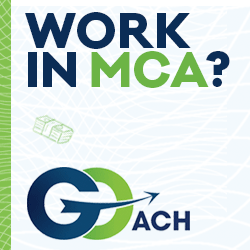Results 1 to 3 of 3
Threaded View
-
11-12-2013, 01:13 PM #1Member

 Reputation points: 27
Reputation points: 27
- Join Date
- Oct 2012
- Location
- Colorado Springs, CO
- Posts
- 32
Lead Management Fundamentals: How to close more leads? Part 1
“I’ll never buy another lead again,” so says a disgruntled sales person after failing to close quickly a lead he bought from a third party company. Being in the lead business, I hear this all the time. Rarely do you hear, “I’ll never advertise again.” Yet, in many cases 99% of the people who see your ad won’t buy your product or your service. (Advertising serves other purposes like branding, but for most small businesses, advertising is to produce sales.)
I once did a consulting job for a company that sold uniforms to Fire and Police depts. Their shtick was to send out catalogs every quarter and hope that 0.25% of those receiving the catalogs bought. These guys would have been happy with an incremental increase of 0.10%. Compare that to the Victoria Secret catalog that gets 11% of its catalog receivers to purchase. Uniforms are not as sexy as lingerie. But there is a huge gap between 11% and .25%. Even with such a small return on its catalog, this company was profitable.
In the lead business, the standard is raised even higher. A company will typically pay a higher cost for a lead campaign than an advertising campaign. Lead Campaigns are a more targeted approach rather than the rapid fire shot gunning of advertising. Or the lead campaign is the residue or the results of an advertising campaign.
A good lead campaign should be bringing the buyer and seller together for a discussion of services. You have to keep in mind that leads are not deals. A good lead campaign may only close 5% to 25% of the leads purchased. The percentages vary according to the industry. By comparison, on average only 2% to 3% of the clicks in a Google Merchant Cash Advance PPC campaign convert to sales. A reputable lead generation company can provide better averages than Google.
Read More
Similar Threads
-
Merchant cash advance leads for sale...pro leads nyc ...888-564-5551
By Pro leads Nyc in forum PromotionsReplies: 3Last Post: 01-17-2014, 07:09 AM -
Poor Lead Management = less sales
By blindbid in forum Merchant Cash AdvanceReplies: 1Last Post: 10-11-2013, 09:48 PM -
Lead Gen TV
By Capital Stack in forum Merchant Cash AdvanceReplies: 8Last Post: 07-15-2013, 12:12 PM -
ANOTHER Google Lead Loophole
By JayBallentine in forum Merchant Cash AdvanceReplies: 3Last Post: 04-12-2013, 08:56 AM -
MCA Lead Quality
By dave.lendio in forum Merchant Cash AdvanceReplies: 17Last Post: 09-28-2012, 03:29 PM


 Reply With Quote
Reply With Quote















